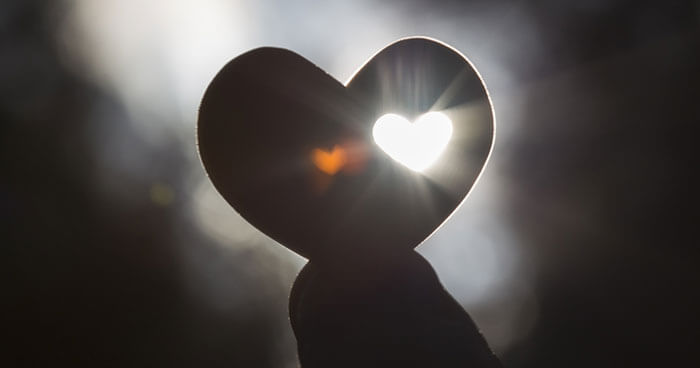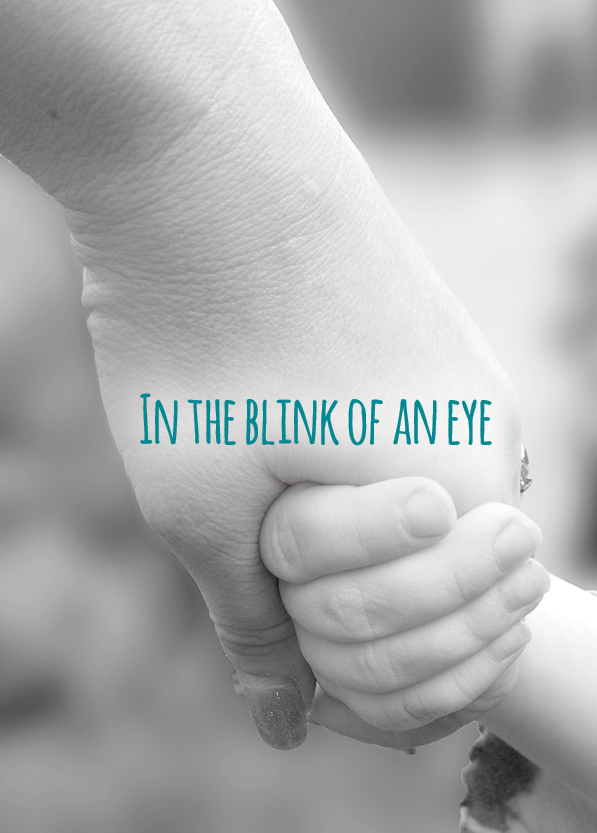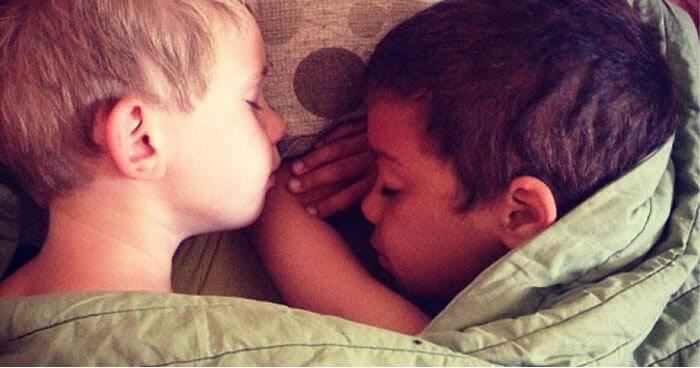We Will Outlove You

She is someone I admire and follow, someone who is making an impact in the Black community.
I approached her at a conference in New York City mid-July, a little nervous because she felt intimidating to me; I wore an open smile. I thanked her for helping a mutual friend in need recently, a woman who is going through a contentious divorce with three young children. She said that this friend was a good person and deserved to be happy.
Plunging in, I told her that I admire her work. She turned her body away from me.
“I don’t do shit,” she responded. “I don’t do shit.” And she walked the other direction, not looking back.
I tucked in my pride.
Maybe she’s had a hard life. Maybe she doesn’t trust people very easily. Maybe she doesn’t like me. Perhaps we’ll cross paths again, and she’ll remember me as someone who offered her kindness.
Sometimes, interactions work that way.
_____________________________________
James Oliver spoke of racism and fatherhood and fear for his son, now just a baby. As he was speaking on stage, he dropped his chin, letting the tears fall, and asked the question, “After Eric Gardner, what am I supposed to tell my son?”
“I cried, because the thought of my son growing up in this America, with the life of a Black male, seemingly worthless next to the lives of other American males, and the police can harass, abuse, and kill Black males with impunity is too much to bear. I feel completely powerless, and I have no idea what to do,” he said in his reading.
The tears rolled down my face, and on the faces of the women at my table.
Standing at the elevator, I shook James’ hand and told him how deeply his reading of his essay had moved me that evening.
The woman standing next to him in the hallway didn’t look at me when she said, very pointedly, “It’s going to take more than brown bodies to make a change. We can’t do all the work.”
It was the same woman who would walk away from me the next night.
______________________________________
I wanted to tell her about the work I have done. I wanted to tell her about all of the great Black friends I have in my life.
I felt compelled to stick up for myself and prove to her my worth as an ally. An accomplice, even.
My resume means nothing. What matters is what I do every day going forward.
She is tired of fighting, sometimes. She wants someone to have her back, but she doesn’t believe that many do.
She has every right to mistrust me. So many white people wish to be allies but don’t want to carry the cost of race work. It IS work, and when something feels difficult, it’s easy to opt out; that’s what privilege is all about. Many want to talk the talk but don’t want to step into discomfort.
I’ve felt the temptation to opt out too, but I can’t — this is what it means to be an accomplice. I have everything, and the Black community is fighting for their lives. It’s important to keep telling them that we believe in them. It’s important to show them that we want to connect, too. Even if we have to knock down the walls to get there.
__________________________________________
My uncle marched with Dr. King in Selma, and this year, he told me the story of paying his way to get there from Syracuse, New York, with a plane full of other pastors and church elders. The five miles he walked were long and dangerous, and angry white people in cars tried to run over him.
Later, he stayed in touch with Dr. King and was in attendance to hear him speak many times after that. The last time he saw Dr. King, the charismatic leader was telling the audience that he was not going to let hate win.
“We will outlove you,” he said to the crowd.
We will outlove you.
Not outlive; outLOVE. We will love you more than you will hate us, he said.
I can outlove, too.
Speaking out on racism can feel awkward and difficult, and while I have spoken up at times, I have not spoken up clearly and loudly enough.
My friend Denise, a history teacher in one of the roughest, most poverty-stricken areas of Newark, New Jersey, reminded me that 100 years elapsed between the Emancipation Proclamation and the Civil Rights movement.
ONE. HUNDRED. YEARS. It has been half again as much since Dr. King was shot. Another 50 years until we had a Black president. How many years will it take for us to have true equality? What is it going to take to get there?
Every person can help.
Even if you don’t understand what white privilege means.
Even if you don’t believe in white privilege.
Even if you say, “But I’m not racist,” but when you see a person of color, you automatically make certain assumptions about their life.
Even if you have black friends.
Especially if you don’t.
Reach a little further. Try a little harder. The alternative is grim.
Do not shut people out. Do not discriminate based on the color of their skin, their sexual orientation, or their religion. Our country was founded on these tenets, and we must remember it more than ever.
_________________________________________
She is warming up to me, slowly. We are Facebook friends, and I can see how warm and giving she is, how beautifully she shares her truth and her life. She posted a story recently about her little boy coming home from school and telling her that a friend of his would no longer play with him because he’s Black.
“My dad says that Black people steal things,” the other boy said, “so I can’t play with you anymore.”
We still have so far to go, and if I am not part of the solution, I am part of the problem. I want to be part of the solution, so I am talking. And even more so, I am listening.
_________________________________________________
“Our collective stories of race in the US are not easy to own. They are stories of slavery, violence, and systemic dehumanization. We will have to choose courage over comfort. We will have to feel our way through the shame and sorrow. We will have to listen. We will have challenged our resistance and our defensiveness. We have to keep listening even when we want to scream, “I’m not that way. This isn’t my fault!” — Brené Brown
Head to the Front Porch
This post was syndicated with permission to BonBon Break Media, LLC.





